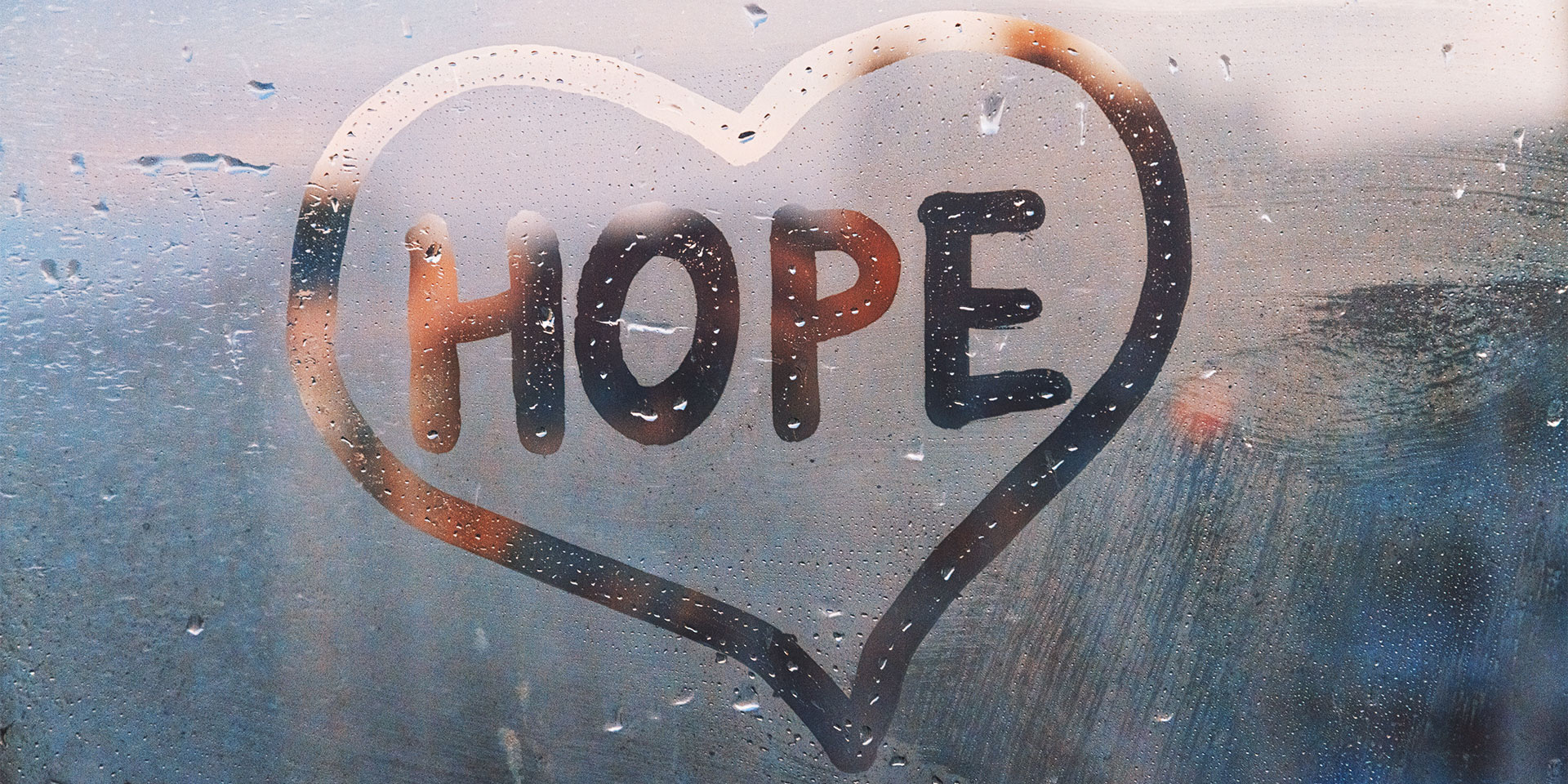Faith has brought me not only a sense of God’s presence, but also evidence that He is answering our requests. Therefore, the other reasons that cause me to believe have become stronger.
My first reason is kind of related to predestination. I was born to faithful parents. They truly believed, prayed, read, and attended religious meetings. Their example and teaching, and the religious and life customs they passed on to me are incomparable values which I would not change for anything in this world.
The city where I grew up was famous for the vineyards, and the inhabitants were often getting tipsy. The owner of our house had a vineyard, a wine cellar and a table under the walnut tree, where the loyal customers came to drink and chat. At the entrance to the courtyard was a tobacco shop where the self-respecting men were getting their supplies. That’s how I got to know from a young age the specific odour of the alcohol and tobacco slaves and to wonder how come many people seem to believe these things are better than clean water and pure air. The example and teaching of my family were enough for me to reject the lifestyle of the world, and so did my brother and sisters.
I was born to faithful parents.
Every day, at least in the evening, if not also in the morning, our parents would gather us all for a short service. A Christian song, a Bible text, a prayer, a hug. They taught us to read before entering first grade and they taught us some music, so outside school, we had a very rich life. Christian family education protected me from the corrosive effect of communist education.
The second reason I’m a believer
I have had a unique social life since childhood. My father was a preacher and often served in various places. Sometimes I accompanied him and enjoyed listening to his sermons, or admired him as he trained and conducted the choir he had formed in some village.
I have had a unique social life since childhood.
I went to religious meetings with my mother. We sang, prayed, listened to the sermon and mingled with the faithful: peasants who came on foot from great distances. We ate together, we would meet for a program of songs and poems, then we parted. We were friendly with our neighbours: Jews, Orthodox, Catholics. At school I was friends with some classmates, but I also received a dose of a hiding every Monday from the teachers: another social reason in favour of faith.
The third reason I’m a believer
Religion encouraged me to pray to God: first, formal imitations or pagan prayers, in which I asked God for certain favours. I understood over time that, like a true friendship, the concerns of the Other matter more, and my concerns must be subordinate to His.
When we pray, “Thy will be done” comes before “our daily bread.”
In the season of red atheism (communism), faith brought me not only a sense of God’s presence, but also evidence that He answers our requests. When our youngest, at the age of three, swallowed almost an entire bottle of pills, then had convulsions and went into a coma; when, after all the efforts to detox him, the doctor didn’t give us any hope, who else could I turn to? I’m not the only one who prayed, but I’m the only one who knows how much I prayed then. The next morning we received the news that our boy had woken up from the coma.
Shortly afterwards, another trouble arose: he went missing. We looked for him in the neighbourhood, where he used to visit other children; we looked for him on the streets, in bars and shops, at the train station and in parks. Nothing. All the members of the extended family, including Joseph, a friend who was visiting from afar, scattered on the streets. We searched for almost an entire day. The sinister thought that he had been kidnapped took hold of me, along with a deep sense of guilt.
We had alerted the police—a useless gesture: they wanted us to let them know when we found the child. The devil in my conscience suggested that I shouldn’t dare to pray, because God is not obligated to watch over my child in my place. But I kept praying and searching. Towards the evening, my sister told me on the street that our child had been found.
Religion encouraged me to pray to God.
The hero of this victory was Joseph, who stayed to help us. Tired after seven hours of searching, he prayed to God, “I will wait at the station and take the first bus to the end of the line. Yes, Lord, let me find the child there!” He got on and arrived at the train station, got off and went onto the platform looking for him. There, he noticed a group of workers and a woman with two boys, sitting on the grass. One child said, “I’m going to my father’s,” and the other said, “I’m going to my father’s, too!” One of the workers asked him, “But who is your father?”
It was fifteen minutes before the train was due to leave. The scene caught Joseph’s attention and he asked the woman, “Is this your child?” “He’s not mine; a lady left him and she didn’t come back!” Joseph did not know our child well, but he noticed a peculiarity of his teeth. He immediately took him in his arms and brought him home.
The fourth reason I’m a believer
The Bible. As a child, I was content with Bible stories, but did not feel the need to read them myself. Reading the Bible was a mere ritual. But at the age of 18, I discovered Scripture as God’s revelation of Himself to the world. That same summer, I became interested in the religion of the Bible, and I quickly developed a preference for the books of the Prophets and the Gospels.
That holiday, when visiting the house where I grew up, I received a rare and unexpected gift from the old Jewish owner: an old bilingual edition of the Hebrew Bible and a prayer book with transliterated text. As I already knew some of the signs, I began to decipher the Hebrew text, like Champollion.
You don’t need to know Hebrew or Greek to find God. Your mother tongue is enough. But I had an uncontrollable inclination and curiosity for linguistics. Holding the yellowed Book in my hands, containing words written by the great men of God over 2,500 years ago, I was determined to unravel its mysteries. Years of Bible study followed, first in Romanian. Then, I bought a Greek New Testament and a Greek-French dictionary from a priest, so I started learning and checking everything I read.
I discovered Scripture as God’s revelation of Himself to the world.
At the same time, I began to check my inherited faith, even before I decided to be baptized. Having heard objections from believers of other religions and denominations, or from unbelievers, I always needed to check and clarify my understanding.
Discovering the Bible’s prophecies, I was fascinated by the way I could see them unfolding. I began to read more and more universal history, which helped me to understand the relationship between Bible history and the fulfilment of Bible prophecy. Evolutionism, which was taught in school and propagated everywhere as an explanation for life, lost more and more of its provocative force, after reading certain clandestine Christian books and articles or even books and articles written following the patterns of the communist state.
Therefore, the Bible became the stronghold of my mind and heart.
In the same way, I was left with the growing conviction that the religion I had inherited was in accordance with Scripture and the latest teachings of Christianity. The increasing challenges of the Bible’s credibility have encouraged me to pursue satisfying research. I had no idea that this passion would one day become a profession. After two decades of self-taught study, I completed my education with undergraduate and graduate studies, then served biblical theology by teaching and writing for another three decades.
The fifth reason I’m a believer
The religion of the Bible gives me meaning and hope for immortality, as well as being the only credible explanation for the existence of the world. The miracles of the Bible, instead of scandalising me, encourage me. I don’t really fancy the alternatives, with all their pretences of social and scientific prestige.
The religion of the Bible gives me meaning and hope for immortality.
Abandoning faith can lead, for a time, to a false sense of liberation and all kinds of crazy stuff, but in the long run, not believing leads to boredom, depression, and even reaching the depths of despair. If I had my life over, I would know how to do many things better with the mind I have now, but I would not know how to choose a better faith.
Florin Lăiu retired as professor of Bible at the Theological Seminary of Adventus University (Cernica) after 28 years. He specialized in biblical languages, biblical exegesis, biblical apocalyptic and biblical translation. He is a lover of Adventist apologetics, poetry, and music, and author of articles and books. He is a husband, a father to four children, and a grandfather to six grandchildren.



















